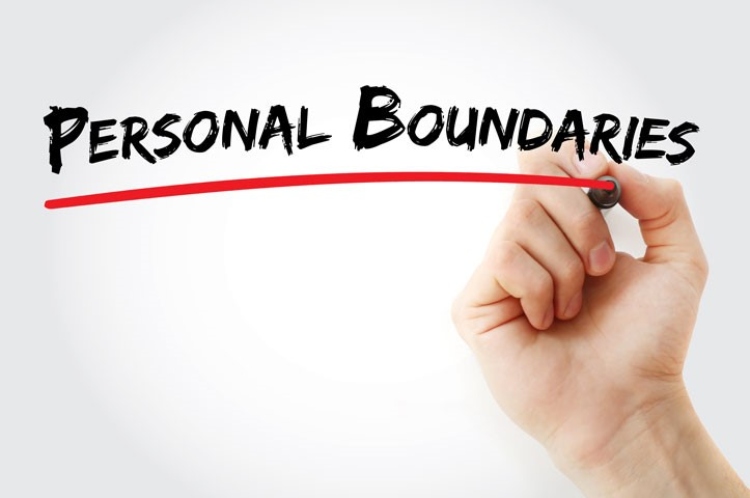Toxic relationships can often fly under the radar and be challenging to identify. They usually start just like any other relationship but can quickly become draining, poisonous, and even dangerous.
Being in a toxic relationship can make someone feel unsupported, misunderstood, demeaned, or attacked. It can also threaten emotional, psychological, and physical well-being. It’s easy to get drawn into a toxic relationship as it rarely shows its true colours in the beginning.
Signs of a Toxic Relationship
It’s essential to be aware of toxic relationships and their associated signs. While physical and verbal abuse is apparent signs, other subtle cues can signify toxicity.
For example, suppose your partner has a consistently negative tone of voice, and you feel undervalued or disrespected in the relationship despite attempts to communicate constructively. In that case, this could indicate that the relationship is toxic.
If your partner has unrealistic expectations for you or fails to take responsibility for their mistakes, you may also be in an unhealthy partnership. Ultimately, only you can decide if the bad outweighs the good.
More signs you’re in a toxic relationship:
- You feel like you’re constantly giving and getting nothing in return, which leaves you feeling like you’re not valued.
- You frequently feel disrespected or like your needs are rarely met, leaving you feeling unfulfilled and empty.
- Your self-esteem has taken a nose-dive, and you feel like you’re not enough.
- You feel like your partner doesn’t understand or support you, leaving you feeling alone and isolated.
- After spending time with your partner, you often feel drained or emotionally exhausted.
- You feel like you’re walking on eggshells around them, afraid to say or do anything that might set them off.
- You’re the one responsible for keeping the peace and trying to make them happy, even when it takes a toll on you.
- They always find a way to make you feel like it’s your fault, even when it’s clearly not.
Types of Toxic Relationships
Toxic relationships exist in more places than we might think, and it is crucial to be aware of that. We often associate unhealthy relationships with romantic partnerships, but they can also occur in:
- families,
- workplaces,
- and even among friends.
It may feel overwhelming to confront toxic behaviour – but by doing so, you can take the necessary steps to protect your mental health and well-being.
“It’s one thing if a person owns up to their behavior and makes an effort to change. But if a person disregards your feelings, ignores your boundaries, and continues to treat you in a harmful way, they need to go.”
Daniell Koepke
Effects of Toxic Relationships
Toxic relationships can be unhealthy for more than just the individuals involved; they can also cause real damage to your self-esteem, mental health, and even your physical health. In toxic dynamics, an undesired focus on drama often leads to a sense of social isolation, which can, in turn, cause depression and impact sleeping patterns.
Additionally, toxic relationships tend to strip away opportunities for important self-care activities like grooming, exercise, and happiness. This neglect results in a significant drop in physical and mental health over time. Recognising toxic relationships is vital before they become a substantial factor in your life.
Coping With Toxic Relationships
Though it’s not always possible to avoid a toxic relationship with someone, such as at work or in the family, there are ways to manage and cope. Start by talking openly about your feelings while taking responsibility for what part of the situation is on you.
Ask yourself if this person is damaging your mental health, If so, recognise that setting healthy boundaries including limiting how much time you spend around them may help.
Take control of the situation with these helpful steps:
- Take a step back and evaluate if this person negatively impacts your mental health.
- Set boundaries and limit the time you spend with them.
- Keep in mind that some people are unwilling to change, and that’s ok – it’s not your job to fix them.
- And most importantly, don’t be afraid to stand up for yourself in a calm and assertive manner when the situation warrants it.
In conclusion
As we’ve discussed, not all relationships are perfect. Life can be tricky and uncomfortable, so feeling irritable or exhausted in your relationships is perfectly normal. It’s important to remember that you deserve the best out of life, and your relationships should reflect this.
It might be time to break away if you feel like what you’re getting is less than desirable. Take control of your life and ensure you get the support, kindness, and understanding you deserve. Nobody deserves a toxic relationship that doesn’t bring out the best in them.
Empower yourself today and take the first steps towards realising that refreshing ‘change your life’ moment.






